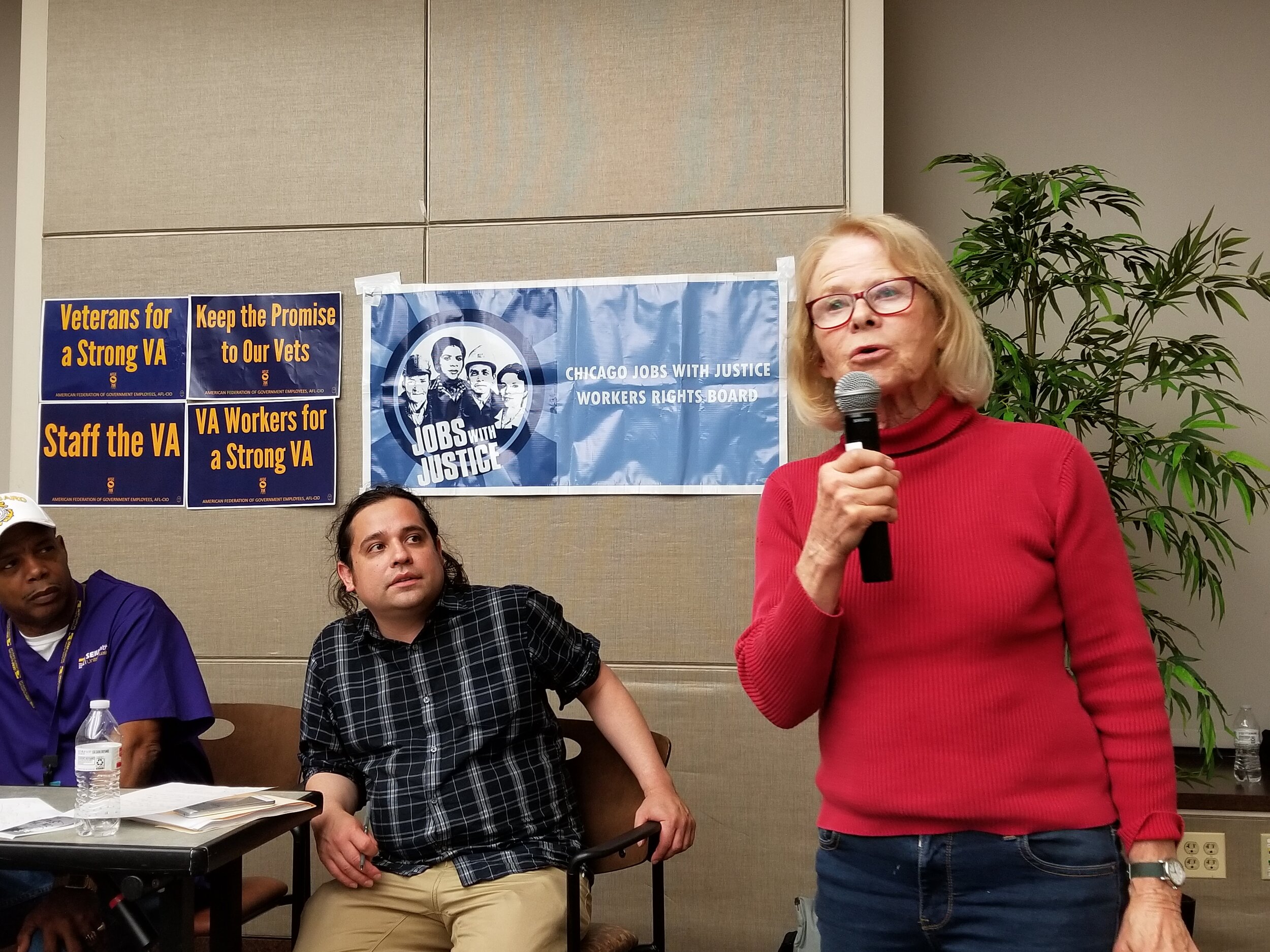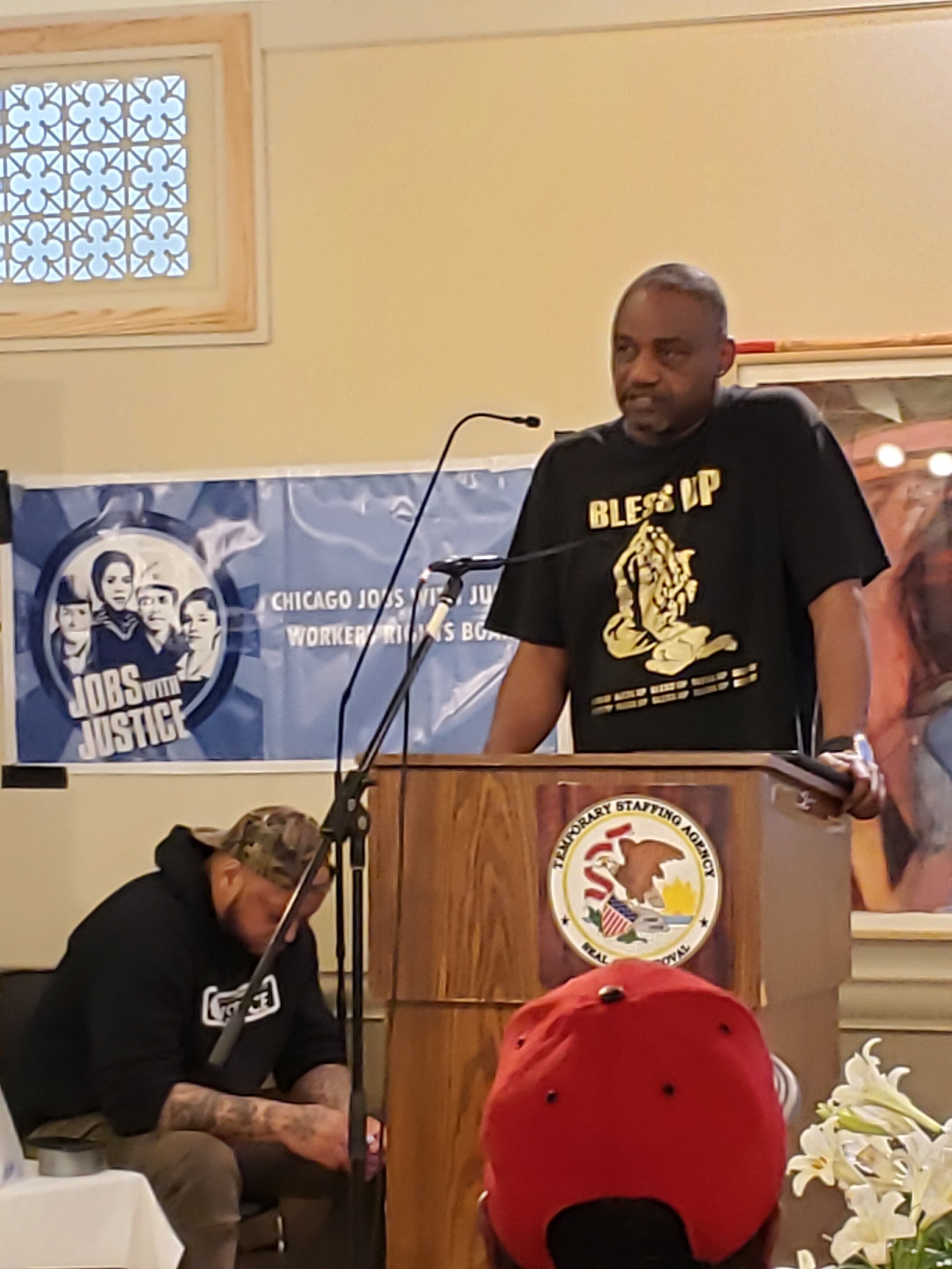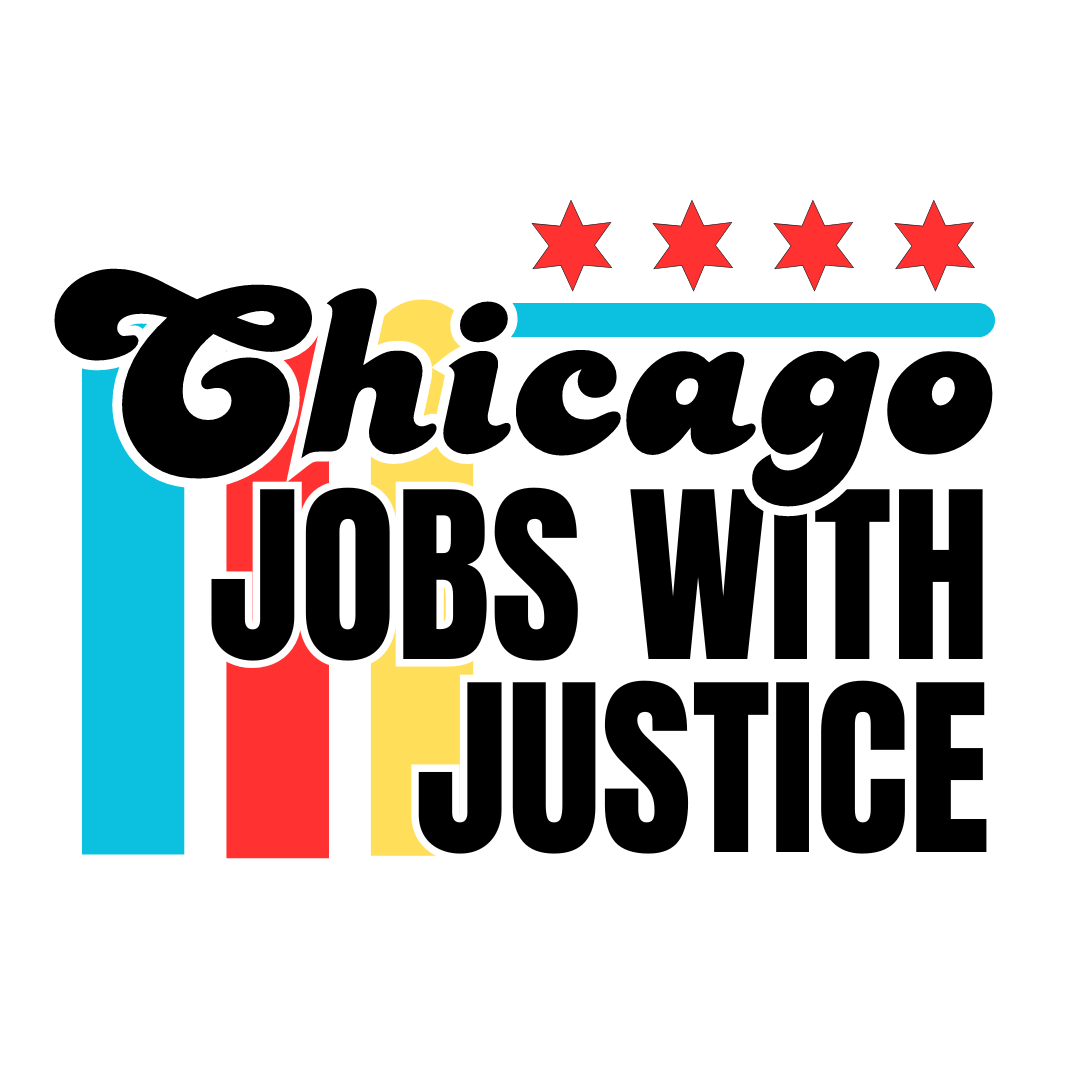


Workers’ Rights Board Hearings
The Workers’ Rights Board conducted series of hearings on the so-called “gig” economy. The rise of temporary work and independent contractor classification in all sectors of our economy and all industries is a crisis for the American worker. We are examining the phenomena, hearing workers’ testimonies, and will recommend policy and legislative solutions and organizing strategies to protect workers rights and advance social, racial and economic justice.
We are posting the archive of our hearing and compiled research here: Workers' Rights Board Hearings.
To join the Workers’ Rights Board, please fill out this form:
The Workers’ Rights Board
The failure of U.S. labor law to protect workers’ right to organize and associate freely on the job has provided the conditions that have made possible the radical increase in temporary, low-wage and low- or no-benefit jobs. Because of this, we have witnessed in the last decade the reemergence and apparent legitimization, in the name of protecting profits, employer intimidation of workers and retaliation for organizing. Political attacks on public sector workers are further eroding unions’ bargaining power.
This climate makes the Workers’ Rights Board (WRB) an essential tool for protecting workers and their communities. The WRB draws together the power of community leaders with moral authority- clergy, elected officials, academics, and community to exert political pressure in support of workers’ rights to organizeunions, bargain collectively, and improve their working and living conditions. The Workers’ Rights Board is the moral voice of the community when labor laws fall short.
Our Goals
Confront employers accused of violating workers’ rights.
Establish community standards about fairness in the workplace
Support and strengthen workers’ democratic rights through community education
Investigate and publicize the social costs of unjust working conditions
Our Tools
Sending delegations to management or relevant public officials to request positive action, including neutrality, during elections
Writing letters to management, customers, or Boards of Directors
Doing public relations work, including TV and radio appearances, public debates, writing press releases and letters to the editor
Holding public hearings on workers’ issues, especially as they impact the community
Conducting card check elections
Demonstrating solidarity with workers at rallies and other public actions
Workers’ Rights Board Film Series!
